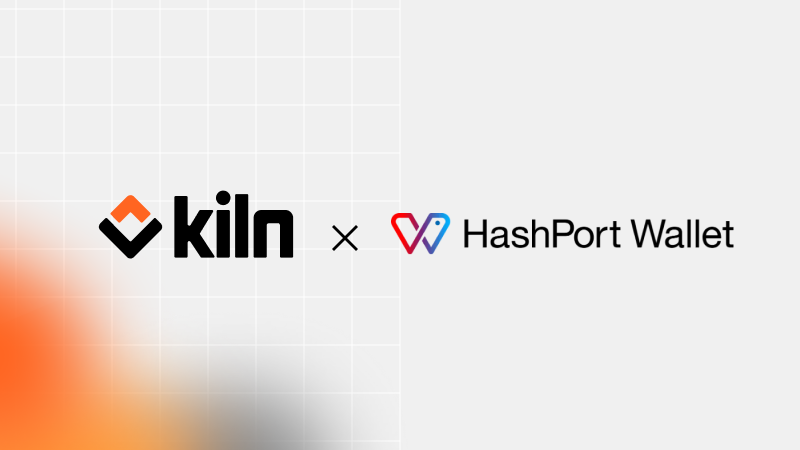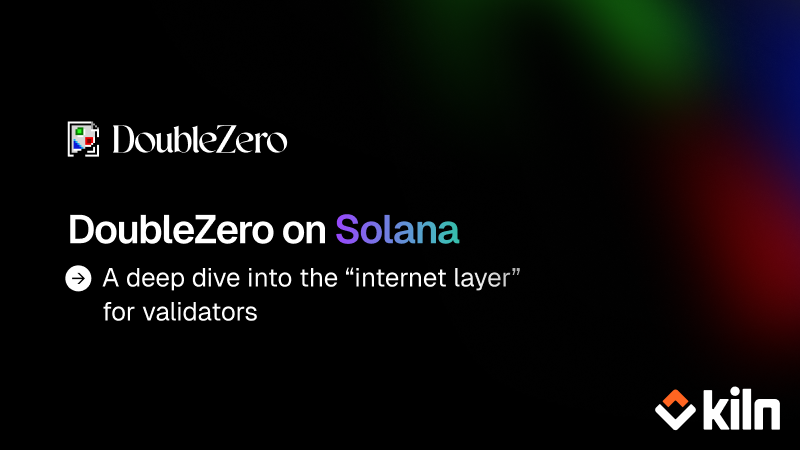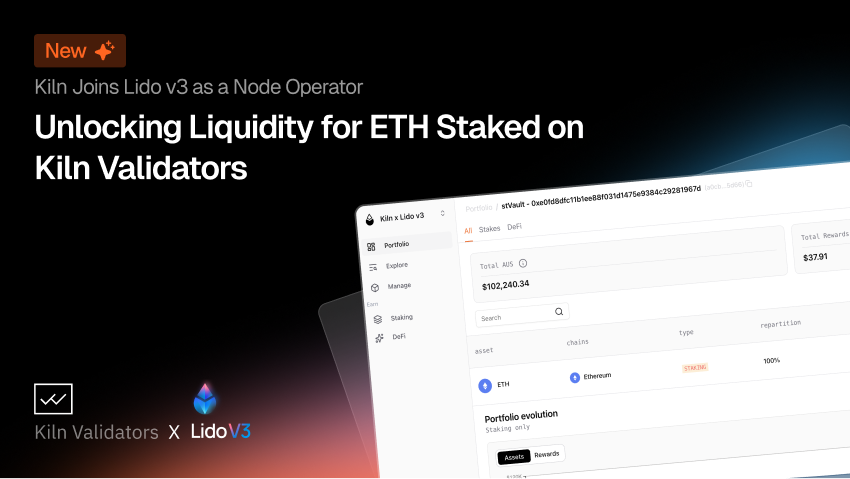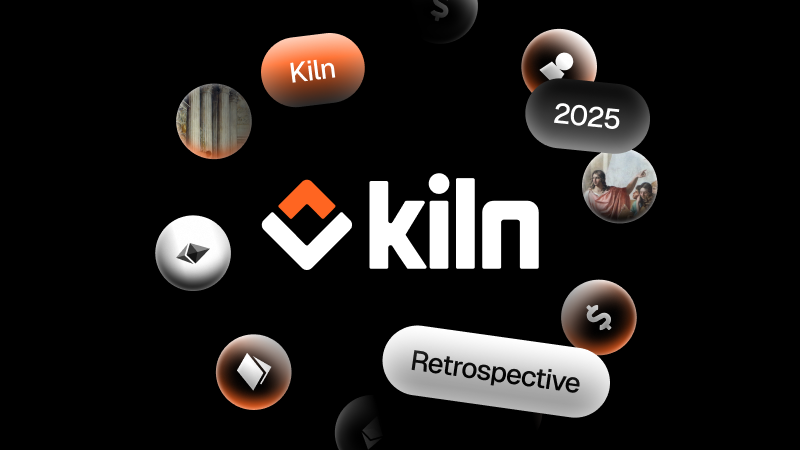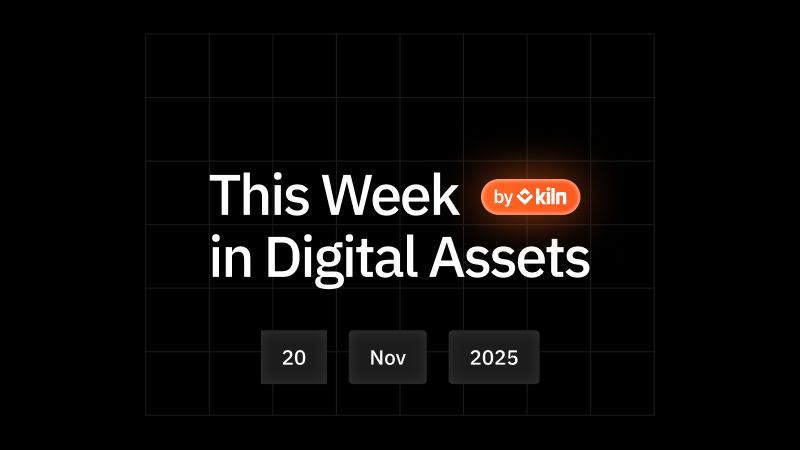This Week in Digital Assets: SoFi Becomes First U.S. Bank to Embed Blockchain Payments for Cross-Border P2P
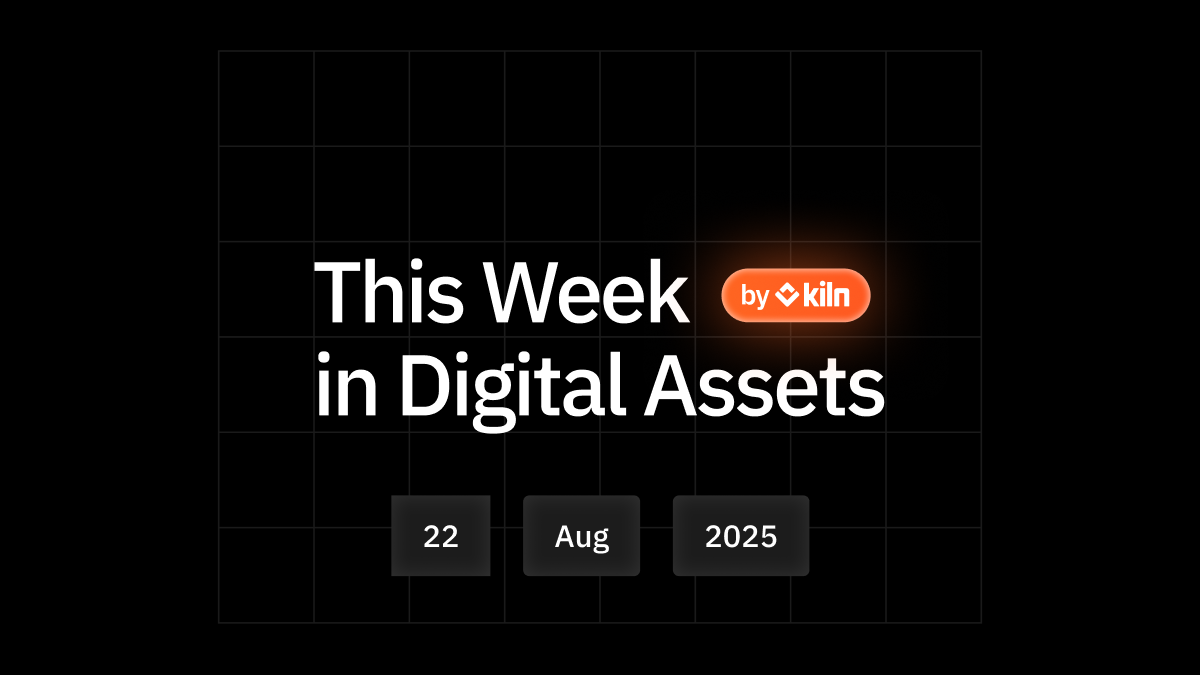 < Blog
< BlogAn announced partnership between SoFi and Lightspark to embed bitcoin-enabled international money transfers directly into SoFi’s app is, in our view, a step toward blockchain-native, global P2P payments. While Lightspark’s UMA app has been available to anyone willing to sign up, connect their bank account, and initiate P2P payments, this is the first instance we’ve seen of a U.S. chartered bank integrating UMA directly into its retail app. The model echoes why Zelle’s standalone app ultimately receded, as usage concentrates inside the bank experiences customers already trust. Venmo and Zelle have made domestic P2P instant, free, and ubiquitous in the U.S.; yet, there is still no mainstream equivalent for low-cost, near-instant cross-border transfers. We believe SoFi’s move targets precisely that gap.
For SoFi’s members, the experience is expected to mirror P2P payment web2 apps. Members initiate a P2P cross-border transfer just as they would a domestic transfer, with no new KYC, crypto wallet setup, or technical steps. Behind the scenes, Lightspark handles the routing and liquidity. In well-traveled currency pairs like USD/EUR, this type of service is often enabled through a “stablecoin sandwich” (USD → USDC → EUR), since stablecoins already have deep liquidity in those markets. But in corridors, SoFi is likely prioritizing—such as USD/MXN—stablecoin liquidity is still patchy, while Bitcoin enjoys broad, around-the-clock liquidity across virtually every currency. We believe this is one of the reasons that SoFi chose to partner with Lightspark, which can deliver a Venmo-like user experience globally, while leaning on Bitcoin liquidity to ensure transfers clear quickly and predictably in harder-to-reach payout markets.
SoFi has generally been constructive on crypto and blockchains across cycles, and this integration signals the bank’s continued willingness to use new rails where they improve product economics or customer experience. While separate from SoFi’s effort to reboot its retail crypto trading product, this deal reinforces SoFi’s posture as an early mover in financial infrastructure, not just asset speculation.
Still, we see hurdles to widespread adoption. Even if the rails are faster and cheaper, SoFi still has to build both sides of the network in priority corridors to reach critical mass. Its 11M+ members give it a strong start on the send side, but the harder lift is activating the receive side, where UMA sign-ups, local partners, and compliant off-ramps all need to scale together. Until network effects take hold, the value proposition will depend on whether senders see real convenience and receivers see predictable and easy access to funds.
This is also exactly the type of bank‑ and fintech‑facing partnership Circle is courting with its upcoming L1, Arc. Last week, we saw Arc's pitch to neobanks and PSPs on stablecoin‑native settlement with USDC gas abstraction, deterministic finality, and enterprise support. If SoFi can show materially lower cost per transaction and faster receipt confirmation without added support burden, the banking and remittance industries will watch closely. Should usage become both high and a customer‑acquisition lever, we could see a race to bolt on blockchain‑based settlement inside mainstream banking and payment apps—Arc included.
About Kiln
Kiln is the leading staking and digital asset rewards management platform, enabling institutional customers to earn rewards on their digital assets, or to whitelabel earning functionality into their products. Kiln runs validators on all major PoS blockchains, with over $11 billion in crypto assets being programmatically staked and running over 5% of the Ethereum network on a multi-client, multi-cloud, and multi-region infrastructure. Kiln also provides a validator-agnostic suite of products for fully automated deployment of validators and reporting and commission management, enabling custodians, wallets, and exchanges to streamline staking or DeFi operations across providers. Kiln is SOC2 Type 2 certified.








